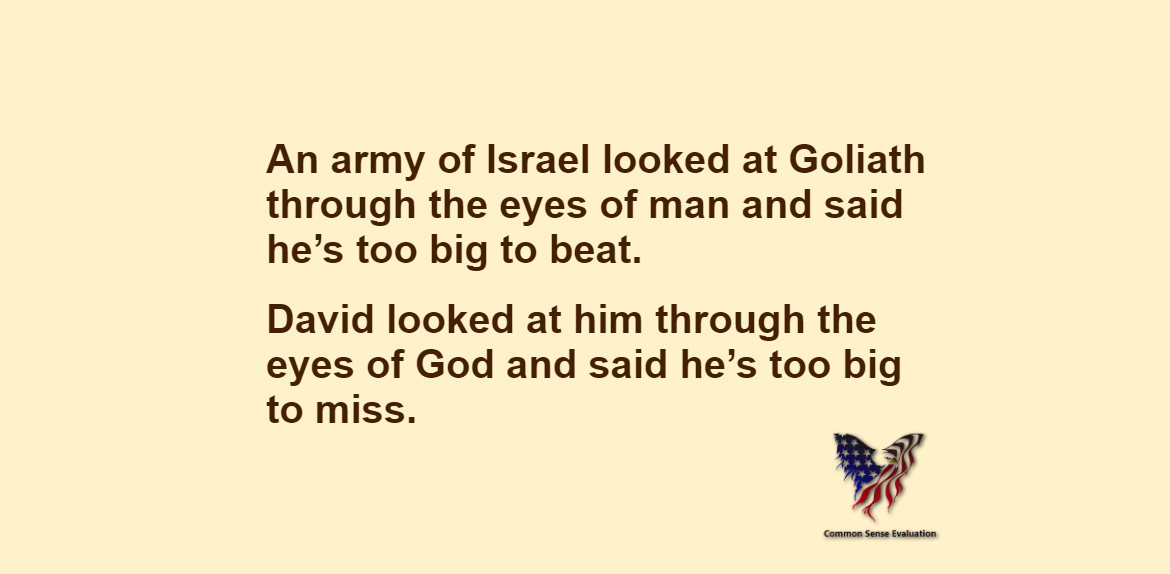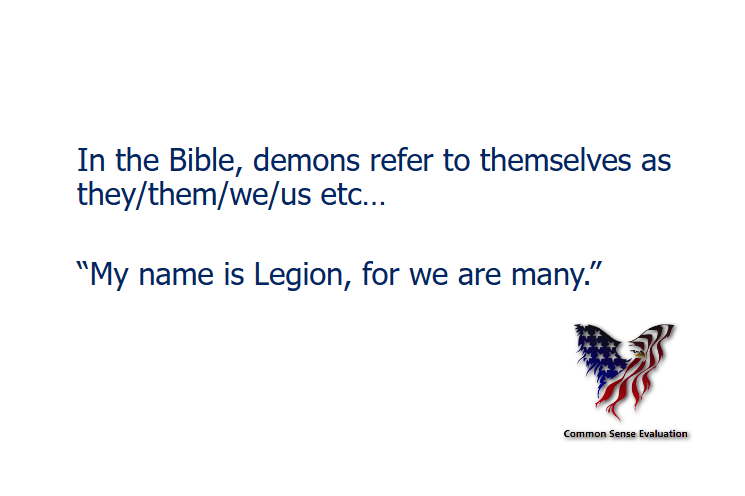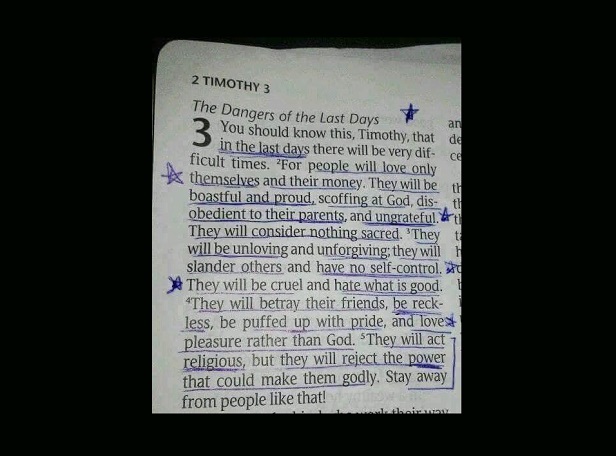Beloved, as I sit to share this epistle with you, compelled by the Spirit and with a heart burdened for truth and justice, my thoughts turn to the recent tribulations endured by a figure known among you, Donald Trump. Much like in the days of old, where powers and principalities sought to ensnare and persecute the faithful through cunning, craft, and legal machinations, we see a striking parallel in your time—a method now termed “lawfare” by many. It becomes evident that this battle is not merely against flesh and blood but against the rulers, against the authorities, against the powers of this dark world.
In the times of the early church, as recounted in the Acts of the Apostles and in the many Letters to the faithful, we faced tribulations, persecutions, and trials from those who wielded the law as a weapon—not for justice but as a means to suppress, to silence, and to punish those whose only crime was to stand firm in their convictions and to speak truth to power. This shadow, cast long and deep across the centuries, now finds its mark upon a man, and indeed upon many who have dared to challenge the prevailing currents of their time.
The term “lawfare,” a portmanteau of “law” and “warfare,” aptly describes the strategic practice of using legal systems and institutions to achieve a competitive advantage, to delegitimize opponents, or to achieve a political agenda. This is not the righteous use of law, which is to uphold justice, to protect the innocent, and to punish the guilty. Rather, it is emblematic of a Washington Cabal—those entrenched powers and elite, who, much like the Pharisees and Sadducees of old, find their authority threatened by any who dare to speak against them or to propose a dismantling of the status quo that benefits them so richly.
Donald Trump, much like David facing Goliath, finds himself besieged by an array of legal challenges and investigations, each purporting to be in the pursuit of justice but, upon closer examination, reveals a more insidious aim: to persecute and to wear down through a relentless barrage of legal battles. It is not my place to render judgment upon the innocence or guilt of a man, for that is for the Lord Almighty and the courts of your land to decide. However, it is essential, dear friends, to discern the spirit in which these actions are undertaken. Are they genuinely in pursuit of truth and justice, or are they a manifestation of a deeper struggle, a spiritual warfare played out upon the stage of your nation’s politics and legal systems?
Let us therefore, as followers of the Way, be ever mindful of the admonition to “put on the full armor of God, so that you can take your stand against the devil’s schemes.” Let us stand firm in the truth, girded with righteousness, and carrying the sword of the Spirit, which is the word of God. Let us pray for those in authority, for those who are persecuted, and for the heart of your nation, that it may seek justice truly, love mercy, and walk humbly with God.
In closing, remember the words of our Lord, who said, “In this world, you will have trouble. But take heart! I have overcome the world.” May His peace and His strength be with you always, in these trying times and beyond.
Your servant in Christ,




